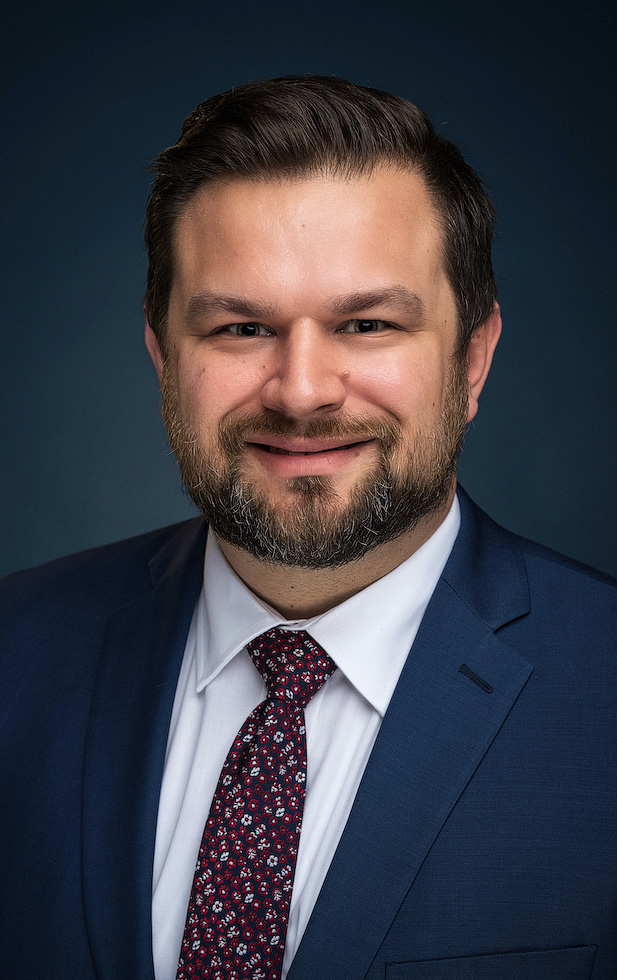The News: The Wisconsin Institute for Law & Liberty (WILL) released its “2024 Wisconsin Freedom Audit”, an extensive review of where the state ranks in various measurements of freedom, including fiscal freedoms, regulatory freedoms, and individual freedoms. The audit found that Wisconsin ranks in the middle of the pack for our pillars of freedom. These rankings can all be improved in Wisconsin by adopting policies that make Wisconsin a freer place to live, work, and raise a family.
The Quotes: WILL Senior Research Analyst, Noah Diekemper, stated, “Freedom is the pinnacle of our nation’s identity, yet Wisconsin is in the middle of the pack on a number of important indicators. WILL has provided lawmakers and policymakers with a litany of things to tackle next year and our Freedom Audit of 2024 can help shape a pro-freedom 2025.”
WILL Policy Director, Kyle Koenen, stated, “Freedom is at the heart of what makes our state and country exceptional. Yet, Wisconsin has work to do to unlock its full potential. This report highlights actionable steps that policymakers can take to expand freedom, reduce burdens, and empower Wisconsinites to thrive. A pro-freedom agenda isn’t just an aspiration; it’s a necessity if we want to build a state where families and businesses can truly prosper.”
Additional Background: Freedom is not only one of America’s most cherished characteristics, but empirically, freedom correlates positively with happiness, income, economic growth, income earned by the poor, life expectancy, and basic civil liberties. And yet, freedom is on the decline in the United States. We seek to investigate where Wisconsin stands amid this dilemma, and how we can advance freedom in our state.
Fiscal Freedoms: Wisconsin ranks 26th in Fiscal Freedoms amongst the United States.
Fiscal freedom explores the financial burden placed on individuals by the government through taxation and spending habits. The more the government collects and spends, the less discretion and flexibility individuals have on how their earned income is spent.
Wisconsin could improve its economic competitiveness by maintaining property tax levy limits, encouraging the consolidation of government services to reduce inefficiencies, and transitioning to a flat or no income tax to foster a more favorable environment for growth and investment.
Regulatory Freedoms: Wisconsin ranks 21st in Regulatory Freedoms amongst the United States.
Opening and operating a business is not a simple or straightforward endeavor. To start a business or acquire a license, owners must file appropriate paperwork with all levels of local government while being subjected to application fees and waiting times.
Once the business is operational, each level of government and regulatory bodies creates rules and procedures for the business to follow. These rules and procedures vary significantly by industry, occupation, and government. It should come as no surprise that the greater the barriers to start and operate a business, the less business activity we observe.
Wisconsin ought to increase regulatory freedom by implementing regulatory sunset laws, so regulations do not compound on each other over time. Additionally, we should eliminate minimum markup laws and price floors that were created as an anti-depression effort to fight monopolies but have now had damaging effects on modern businesses. And finally, Wisconsin should adopt a Right to Earn a Living Act and Universal License Recognition, ensuring that citizens’ legal right to work takes precedence over restrictive licensing laws.
Individual Freedoms: Wisconsin ranks 21st in Individual Freedoms amongst the United States.
A broad definition of personal freedom is that individuals should be empowered to make their own decisions so long as their choices do no positive harm to others. We do not wish to assert the proper role of government in the oversight of individual freedoms, but to assess how restrictive Wisconsin is in areas where there is substantial public support for some level of personal freedom. Examples of these fields are education, speech, religion, alcohol freedom, land use, and gun rights.
A few solutions that address these fields are removing harmful regulations over school choice, removing oppressive zoning regulations that restrict property rights, and implementing an anti-SLAPP statute, which would protect citizens’ ability to speak out without fear of frivolous legal retaliation.
WILL urges Wisconsin representatives and voters to consider these policy suggestions as we pursue our nation’s cherished belief in freedom.
Read More:
- Wisconsin Freedom Audit, 2024

Noah Diekemper
Senior Research Analyst
